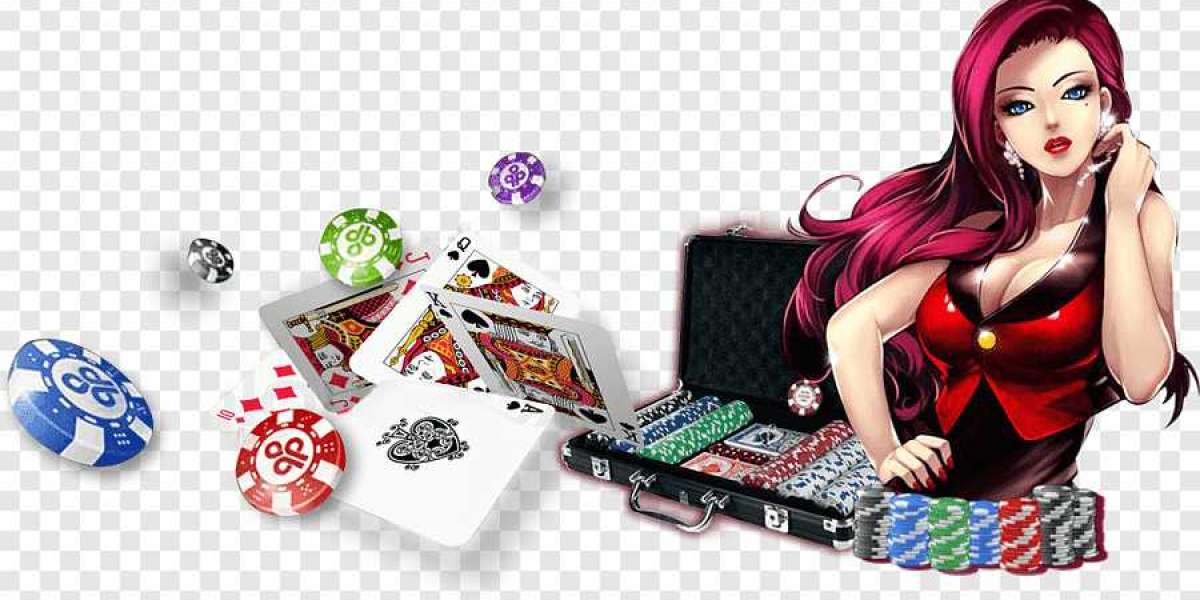Here’s a quick guide to some of the most frequently used terms in gambling that every player should know:
1. Bet
A bet is the amount of money a player wagers in any gambling activity. It can be placed in a variety of forms, such as chips at a poker table, a wager on a sports event, or money spent on a slot machine spin. The size of your bet often determines the potential payout or winnings.
2. Pot
In poker and other card games, the pot is the total amount of money that players wager during a hand or round. The pot grows as more players bet, and it is ultimately won by the player with the best hand or the last player remaining after others have folded.
3. House Edge
The house edge refers to the built-in advantage that the casino or gambling establishment has over players. It’s expressed as a percentage and represents the average loss the player can expect over time. For example, a house edge of 5% means that for every $100 wagered, the casino expects to keep $5. Games with a lower house edge, like blackjack or certain poker games, are more favorable to players.
4. Bankroll
A bankroll is the total amount of money that a player sets aside for gambling purposes. Managing your bankroll wisely is one of the key aspects of responsible gambling. It’s important to gamble with money you can afford to lose and to set limits on how much you’re willing to wager.
5. Fold
In poker, to fold means to give up your hand and forfeit any chance of winning the current round. Folding is often a strategic decision when a player believes their hand is weak or unlikely to win against others. It's an essential part of poker strategy to minimize losses.
6. Jackpot
A jackpot is a large prize that accumulates in certain games, most commonly in slot machines or progressive poker games. Jackpots are typically much larger than standard payouts and can reach significant amounts. Some games offer progressive jackpots, which increase over time until a player wins.
7. Bluff
In poker, a bluff is a tactic where a player pretends to have a stronger hand than they actually do in order to get their opponents to fold. Bluffing is a key part of poker strategy and can be used to win a hand even with weak cards. Successful bluffing requires careful timing and a good understanding of your opponents.
8. All-In
In poker, going all-in means betting all of the chips you have left on a single hand. If you win, you can double your stack; if you lose, you’re out of the game. This high-risk move is often used when players feel confident in their hand or are trying to force opponents into making tough decisions.
9. Payline
In slot machines, a payline is a line on which a payout will be awarded if a winning combination of symbols appears after a spin. Traditional slot machines often have a single payline, while modern video slots can have multiple paylines, offering more chances to win.
10. Action
Action refers to the total amount of money wagered in a gambling game, or the participation of players in betting. In poker, if someone says “there’s a lot of action,” it means there’s heavy betting or frequent raises during the hand.






